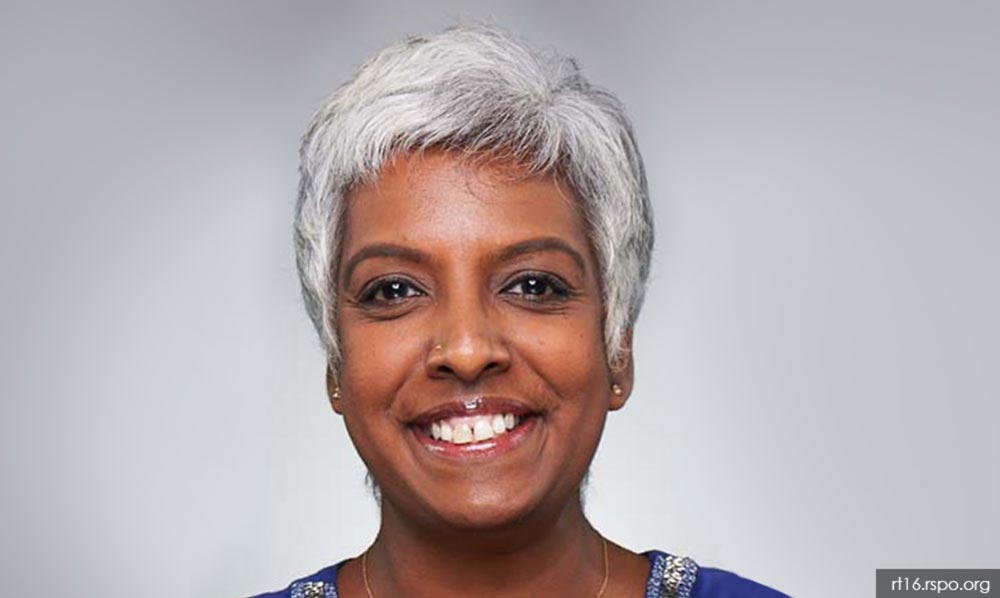By Zarrah Morden | Malaysiakini

The government’s censorship of discussions related to race, royalty, and religion (3R) issues is “very problematic” as laws actually provide for legitimate discourse on the matter, said lawyer New Sin Yew.
The advocate and solicitor from law firm AmerBON said the content of comments made on 3R issues must be taken into context rather than the enforcement of absolute censorship.
“It’s very problematic because it seems to suggest that any mention of the 3R could attract potential problems, which I totally disagree (with).
“Because when you talk about the 3R, there are some legitimate comments that can be made vis-a-vis these subject matters and the law allows such comments to be made, even the Sedition Act 1948,” he said during the Media Rights in the Current Political Climate talk held in Kuala Lumpur this afternoon.
Checks by Malaysiakini showed that Section 3(2) of the Sedition Act said speech is deemed as not seditious if it can show that any ruler has been misled or mistaken, or to point out errors or defects in the government.
However, this exemption does not extend to issues touching on citizenship, the position of the Malay language, quotas for Malays and other bumiputera, and rulers’ sovereignty.
Weaponising laws
Executive director of the Centre for Independent Journalism Wathshlah Naidu, who also spoke at the event, added that the government may have changed hands, but the old tactics of weaponising laws to suppress the freedoms of speech and expression were still being used.
The continued existence of draconian laws such as the Sedition Act, the Communications and Multimedia Act 1998, the Official Secrets Act 1972, and certain sections of the Penal Code, among others, play a part in this suppression, she said.

“We’re talking about a new government continuing with the practices of the old government. So nothing’s really changed.
“Whoever’s in power is monopolising the media spaces, particularly state media,” she said.
She noted that during the six state elections held last year, little space was given to opposition voices on government state media Bernama and Radio Televisyen Malaysia.
However, New commended the government on its efforts to combat misinformation and fake news through education with RTM’s segment “Biar Betul!”
Fight fake news with education
The initiative was introduced last year by then communications and digital minister Fahmi Fadzil as a collaboration with the fact-checking portal Sebenarnya.my under the supervision of the Malaysian Communications and Multimedia Commission and MyCheck Malaysia, under the purview of Bernama.
“I like that very much because the solution is not a legal solution,” he said.
“We have always seen the government using laws to deal with misinformation and I’m not convinced that using laws is necessarily a good idea because international standards dictate that nobody should go to jail because of how they express themselves,” he said.
Misinformation, disinformation and fake news should be fought against with education and more accurate information, he explained.

Besides that, Wathshlah called for the complete overhaul of the country’s education system as an informed and educated public is necessary to enforce responsible and ethical reporting.
“How do you make sure that what you are reporting does not cause harm to individuals, communities or the public?
“That’s the failure of our education system,” she said.
This would also ensure effective media and digital literacy for the public, she added.
The education system as it is rarely provides Malaysians with the opportunity to think critically or to challenge ideas and ask questions, she explained.
“Because the only way we can hold the media accountable beyond the legal framework or other regulatory frameworks is (through) the public calling out media.
“The public can only call out media if they understand and they know they have the right, but they also understand that there is a way of interrogating the kind of information that they’re getting, try to understand the diversity of opinions and being able to make informed decisions,” she said.



